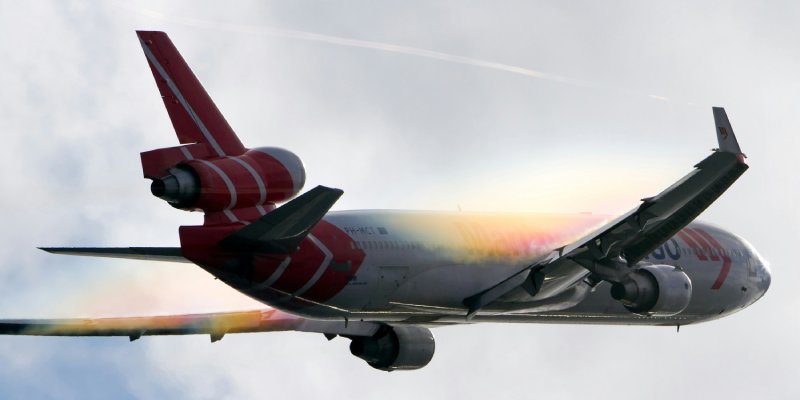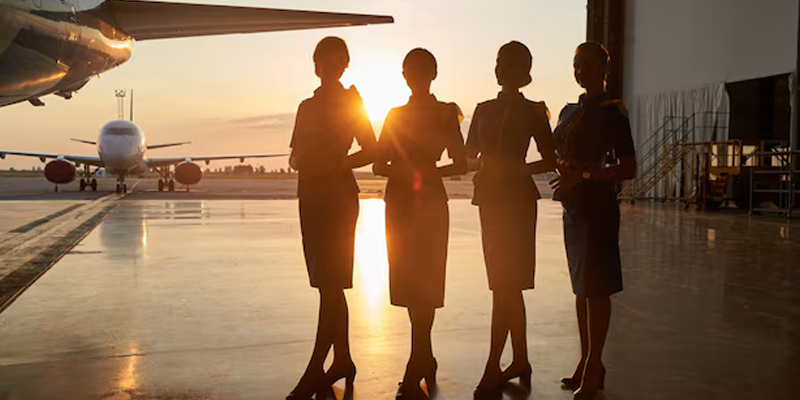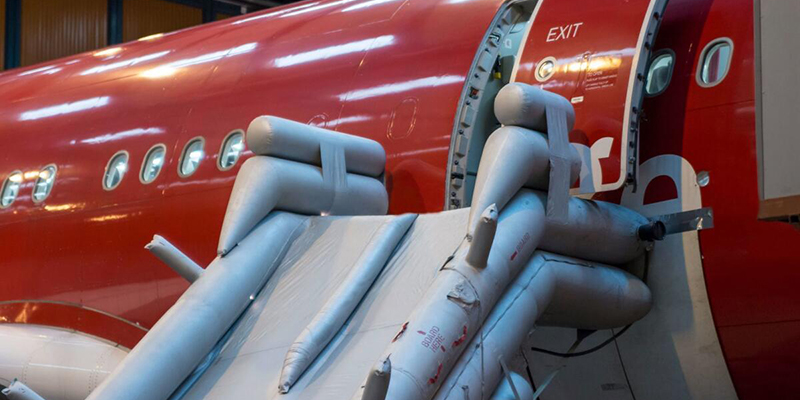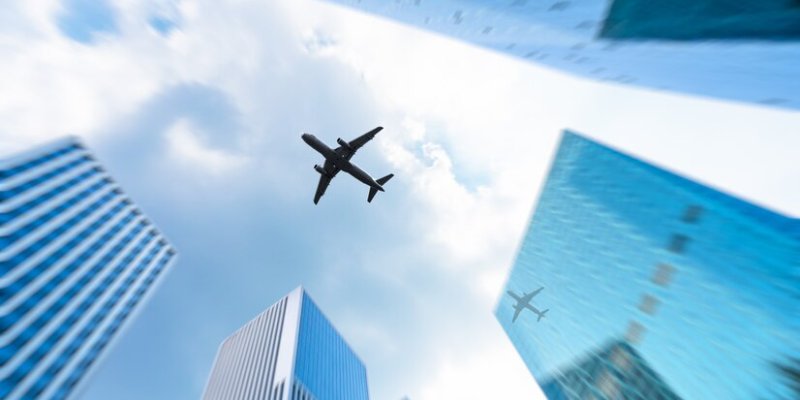The role of cabin crew is both rewarding and demanding, requiring a unique blend of physical stamina and mental resilience. As aspiring cabin crew members prepare for this career, it’s essential to understand the physical and mental demands they will face. Here’s a detailed overview:
Physical Demands
1. Stamina and Endurance
Cabin crew members spend long hours on their feet, often working shifts that can extend beyond 12 hours. This requires significant stamina to manage tasks such as:
- Standing for Extended Periods: Crew members are frequently on their feet during boarding, in-flight service, and emergencies, which can lead to fatigue.
- Lifting and Carrying: They must lift heavy service carts and assist passengers with their bags. This physical labor can lead to strain on muscles and joints.
2. Mobility and Agility
The confined space of an aircraft demands agility for cabin crew members to navigate narrow aisles effectively. They need to be able to:
- Move Quickly: Responding to passenger needs or emergencies requires quick movement through tight spaces.
- Perform Safety Procedures: In emergencies, cabin crew must evacuate the aircraft efficiently, often within 90 seconds, which requires both physical fitness and agility.
3. Health Assessments
Airlines typically require cabin crew members to pass medical examinations that assess their overall health, including cardiovascular fitness, vision, hearing, and musculoskeletal health. This ensures they can handle the physical demands of the job without compromising safety.
4. Exposure to Environmental Factors
Cabin crew are exposed to varying atmospheric pressures and temperatures during flights, which can affect their health. They may experience dehydration and fatigue due to the high altitude environment.
Mental Demands
1. Emotional Labor
Cabin crew members must maintain a positive demeanor regardless of personal feelings or external stressors. This emotional labor can lead to:
- Burnout: Constantly managing emotions while dealing with passengers can result in emotional exhaustion over time.
- Stress Management: Crew members must develop coping strategies for handling difficult situations or unruly passengers while maintaining professionalism.
2. Irregular Schedules
The unpredictable nature of flight schedules contributes significantly to mental strain:
- Sleep Disruptions: Irregular hours disrupt circadian rhythms, leading to chronic sleep deprivation and fatigue. Studies show that over 60% of airline staff report sleep disturbances.
- Isolation: Extended time away from home and loved ones can lead to feelings of loneliness and detachment, exacerbating mental health issues like anxiety and depression.
3. Crisis Management
Cabin crew are trained to handle emergencies such as medical incidents or security threats. This responsibility requires:
- Quick Decision-Making: They must remain calm under pressure and make rapid decisions that could impact passenger safety.
- Crisis Training: Regular training prepares them for various scenarios, but the psychological burden of these responsibilities can be significant
4. Pressure to Maintain Appearance
The aviation industry often imposes strict grooming standards, which can add additional stress:
- Body Image Concerns: The pressure to meet appearance standards may lead to self-esteem issues or unhealthy behaviors among cabin crew.
- Professionalism Expectations: Maintaining a polished appearance while managing physical and emotional demands can create additional stress.
Conclusion
The job of a cabin crew member is physically taxing and mentally challenging, requiring a robust combination of endurance, agility, emotional intelligence, and resilience. Aspiring cabin crew should be prepared for these demands, recognizing that while the role offers unique experiences and opportunities for cultural exchange, it also comes with significant responsibilities that impact both physical health and mental well-being. By understanding these challenges, future cabin crew members can better prepare themselves for a successful career in aviation.







